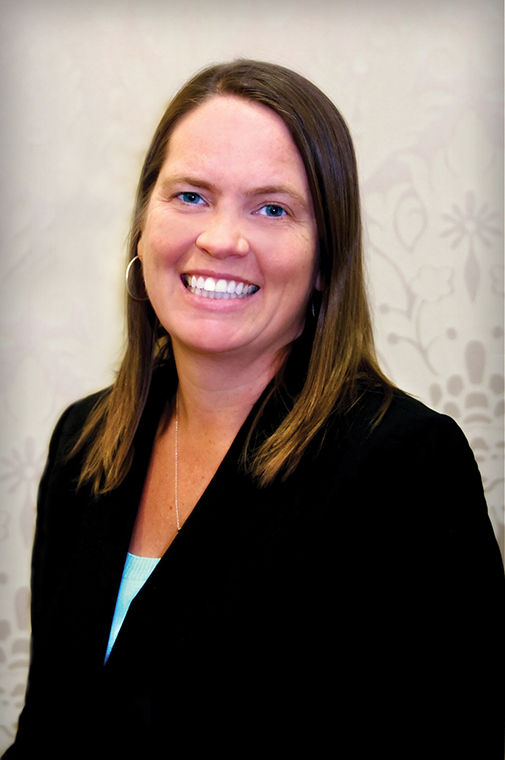Notable Native: Colleen Daley
Colleen Daley
October 6, 2014
For Colleen Daley, executive director of the Illinois Council Against Handgun Violence, each workday has one goal: pushing for laws that may save lives.
Daley, who is entering her fourth year in her position, works with youth affected by gun violence, persuades policy makers to improve firearm laws and educates the public on the effects of gun violence and gun regulations.
The Chronicle spoke with Daley resident about her career shift from journalism to advocacy, the loved one she lost to gun violence and actions the ICHV is taking to change firearm policies.
THE CHRONICLE: What do your day-to-day work duties entail?
COLLEEN DALEY: We’re working on outreach efforts to educate individuals on common sense gun regulation and how to be safe, talking to elected officials [and] working with our partner organizations. We also work with youth in schools. We’ve got a Student Voices program where we teach [youth] to become advocates in their schools, and we have an art, poetry and essay contest. I spend a great amount of my time fundraising to make sure we have the funds to keep moving since I know we’re up against some well-funded opposition.
What are your thoughts on Chicago’s current gun regulations?
I spent a good chunk of my life in Springfield that year [2012], trying to push for a conceal carry law that would respect the court’s decision while keeping public safety in the forefront. We were pushing for a bill that would give [firearm] discretion to local municipalities…. We have issues with the signs. We’d like to see them reversed so that there [are] gun-friendly areas versus gun-free areas because we believe a majority of people would not like guns in their businesses.
How did losing your friend affect you?
One of my high school classmates was shot and killed in an alley behind his house. A bullet doesn’t know if you’re black or you’re white, or [if] you’re rich or you’re poor, if you live in the suburbs [or] in a million-dollar home or in the worst neighborhood in the world. It can happen to anybody. If it hasn’t affected you personally by knowing someone who’s been a victim of gun violence, it certainly affects your pocketbook with tax dollars that [go] to treat gunshot victims. … Ethan being shot and killed makes doing my job that much easier and keeps me in check [as to] why I do this, because it’s not easy all the time. To know that I’m doing something that will hopefully stop people from getting shot and killed means the world to me.
How does hearing about gun violence affecting youth influence you?
I think it’s the most powerful [thing]. I spend a lot of time trying to pass common sense gun control laws that people support. You get beat up a lot for it. It has the tendency to get you down a little bit. Then I’ll go to an event and I’ll see artwork or I’ll hear youth speak, and it reminds me why we do what we do. Their voices and what we have to say is powerful. We had Hadiya Pendleton’s best friend, who won last year. She was one of the winners in our Student Voices contest. There wasn’t a dry eye in the placebecause there was no reason why a 16-year-old girl should be talking about losing her best friend [to gun violence]. No one should, but we don’t want to hear that from youth.
Why do you think firearm regulation reform is difficult to achieve?
There’s no silver bullet that’s going to solve this problem. We need common sense policies put in place. We find a disproportionate number of people in communities of color being shot. Minority communities are where we’re seeing it mostly, and there’s not one simple answer for that…. We need jobs. we need education. Nothing stops a bullet like a job. [It’s] an uphill battle because there’s not a simple solution to this.








